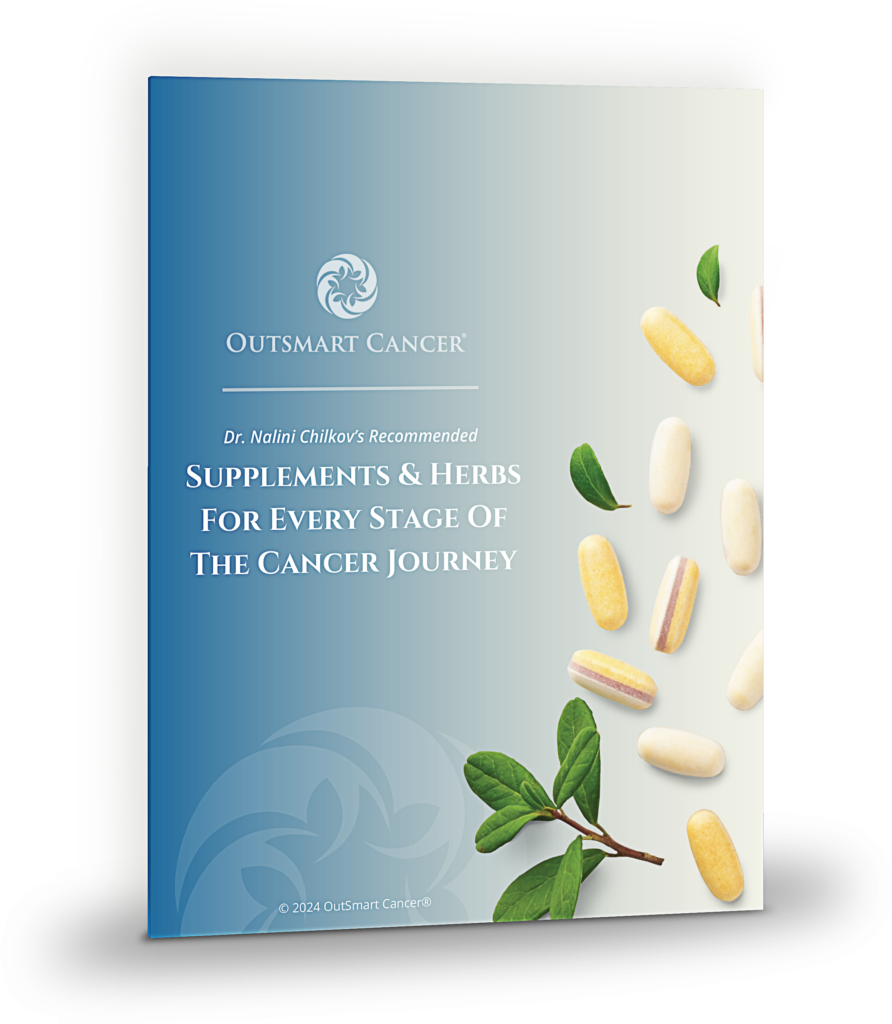
Ovarian Cancer, often called “The Silent Killer”, is one of the most deadly cancers in women. According to the American Cancer Society only 20-30 percent of women diagnosed with late stage Ovarian Cancer are alive 5 years later. That means 70-80% of these women died. Think of it this way: if there are 10 women with ovarian cancer in the room only 2 or 3 of them will be alive in five years. Why? There are no good routine screening tests for early or late detection of ovarian cancer. It is usually found at a very advanced stage due to the fact that there are few symptoms that draw a woman’s attention to the fact that something is wrong. Symptoms can be vague and mild. A woman may have a feeling of lower abdominal bloating or a feeling of fullness or mild congestion in the pelvis, both of which can feel just like menstrual symptoms or bowel sluggishness.
Be Proactive. Do not wait. Ovarian cancer kills. If you have a new or unusual symptom, if the symptom persists for more than two weeks, do not ignore them. See your doctor and get a complete pelvic exam. Do not let any doctor tell you that your symptoms are too mild to be taken seriously. Unfortunately,in the age of managed care and 6-10 minute office visits some doctors will be dismissive and will not perform a very thorough and meticulous exam. Do not let a doctor tell you that you have inflammatory bowel syndrome or digestive problems, that what you are experiencing is typical of menopausal or menstrual symptoms or some other illness or that it is “normal” and to come back at a later date. While many women come into doctors offices with abdominal symptoms, every one of us should be taken seriously and have meticulous care. I say to a doctor who wants to wait, “What if I were your wife, your sister or your mother or grandmother? Would you wait or would you perform a thorough exam today and leave no stone unturned. Please rule out ovarian cancer.?”
You should have a pelvic exam in which your doctor manually checks for any abnormal growths as well as a pelvic (transvaginal) ultrasound which can be performed in most gynecology offices. If there is something suspicious you may also have a CT Scan and blood tests which may include CA-125 and HE4, although these tumor markers may not be elevated in all women. Exploratory surgery may be done to confirm diagnosis. There are surgeons who specialize in gynecologic (women’s) surgeries and even more highly specialized doctors that focus upon women’s cancer’s exclusively (gynecologic oncologists and gynecologic oncologic surgeons). It is best to seek the care of a specialist rather than a generalist whenever possible. Request the most experienced and most specialized surgeon for the very best care and assessment. Women under the care of gynecologic surgeons typically receive a more accurate diagnosis, more appropriate treatment and have better outcomes. You want a doctor who can accurately evaluate the stage of the cancer and the level of risk of recurrence. This will determine the treatment course you choose.
According to researchers at Memorial Sloan-Kettering Cancer Center, women with family history of ovarian, breast and colorectal cancers may be at higher risk and should consider more frequent pelvic exams that include an ultrasound and a CA-125 blood test at least twice per year. And when reliable genetic screening becomes available, this should become part of a thorough assessment of risk as well.
Although the symptoms listed below are the common signs of ovarian cancer, these are signs that may also be associated with other diseases. That is why a thorough and thoughtful work up is essential. It is the persistence of the symptoms that is a hallmark of many cancers. But please, don’t wait longer than two weeks if your symptoms persist!! You do not have to have ALL of these symptoms. Even one of these symptoms can be the clue that saves your life.
The Ten Most Important Warning Signs of Ovarian Cancer
- Abdominal Bloating, Fullness, Pressure
- Pelvic Pain or Discomfort
- Increased Frequency of Urination
- Loss of appetite or feeling full quickly after eating
- Persistent Gas or Indigestion
- Constipation
- Low Back Pain
- Increase in the size of your abdomen, Clothes fitting tighter around your hips and waist
- Fatigue
- Pain with Sexual Activity
You may also like
- Advanced Ovarian Cancer: A Personal Story of Health and Survival
- What If Your Mom Had Cancer? Should You Be Worried?
- How Exercise Can Dramatically Lower Your Cancer Risk
- References
- http://www.cancer.org/cancer/ovariancancer/detailedguide/ovarian-cancer-survival-rates
- http://www.ovariancancer.org/about-ovarian-cancer/symptoms/
- Ovarian cancer including fallopian tube cancer and primary peritoneal cancer. Fort Washington, Pa.: National Comprehensive Cancer Network. http://www.nccn.org/professionals/physician_gls/f_guidelines.asp
- What you need to know about ovarian cancer. National Cancer Institute. http://www.cancer.gov/cancertopics/wyntk/ovary.




